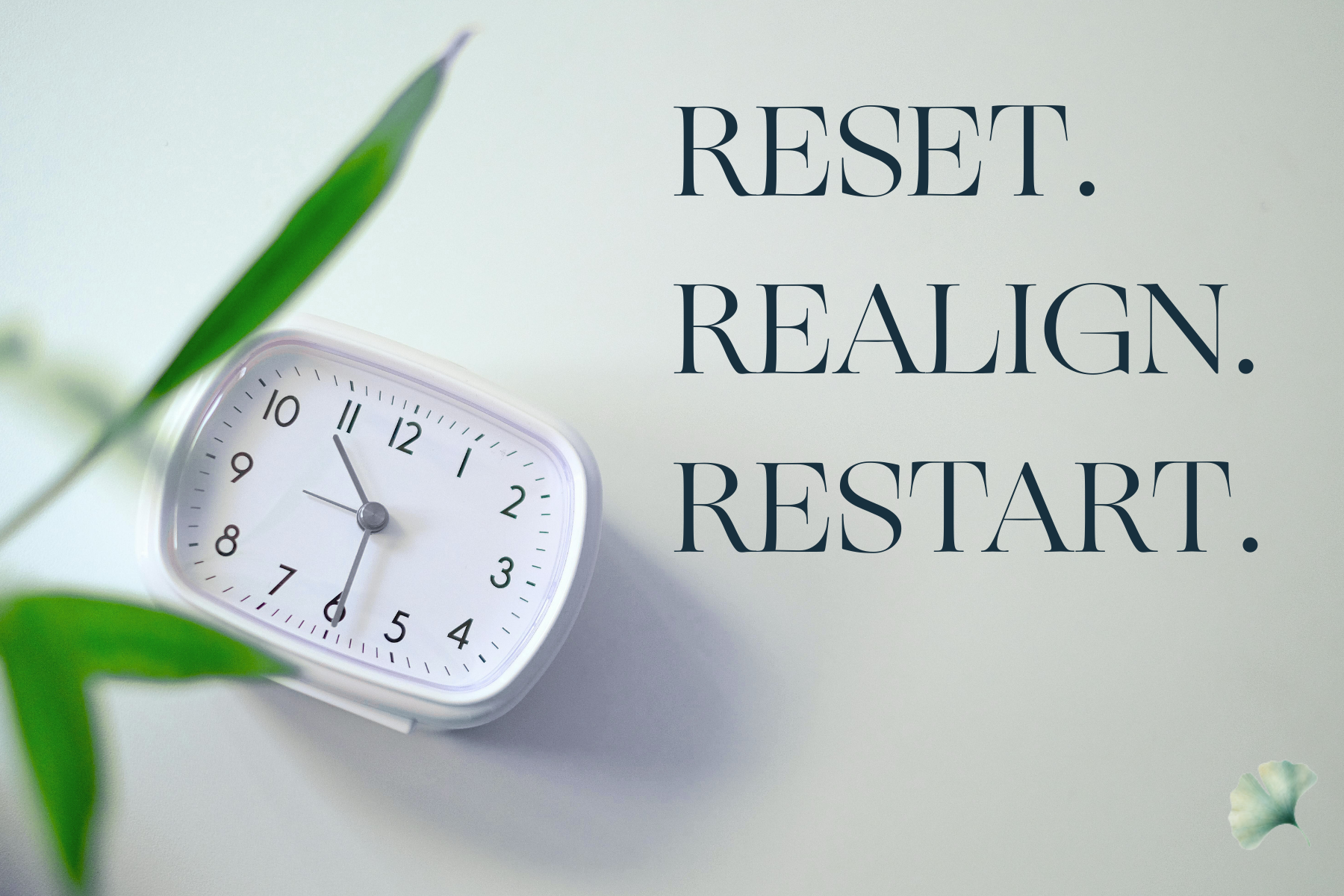Apologizing is more than just saying “I’m sorry.” A sincere apology can rebuild trust, heal emotional wounds, and strengthen relationships. Whether it’s your boyfriend, girlfriend, friend, or family member, knowing how to craft a genuine apology ensures that your words resonate and truly mend the damage caused.
What Makes an Apology Effective?
A meaningful apology includes acknowledgment of what we have done to upset someone, acknowledging the impact of our actions even if we did not intend to upset or hurt, taking responsibility, expressing remorse, and offering to make amends. Research shows that apologies are more effective when they validate the other person’s feelings and clearly communicate accountability. A study on interpersonal relationships published in the National Library of Medicine proves a well-structured apology can lead to increased forgiveness and improved relationship satisfaction.
The Best Ways to Apologize
Depending on the situation, different forms of apologies may be appropriate. Here’s how to say you’re sorry in various ways:
- A Verbal Apology
A face-to-face conversation allows for sincerity through tone, eye contact, and body language. It’s the most direct and effective way to apologize to someone you’ve hurt. - A Written Letter or Email
Sometimes, emotions are too overwhelming for a conversation. Writing an apology letter or sending an email or text gives you time to carefully craft your words and ensures clarity in your message. - Small Gestures of Reconciliation
Actions speak louder than words. A heartfelt apology can be reinforced by acts of kindness that demonstrate change and a commitment to making things right.
Steps to Writing the Perfect Apology
If you choose to write your apology, here’s a structure that can help:
- Start with a Clear Acknowledgment
Example: “I realize that I hurt you when I [specific action].”
It is important to be specific to the situation and to demonstrate a new understanding and deep insight about them, their feelings and needs. - Express Genuine Remorse
Example: “I deeply regret my words and how they made you feel.” - Take Responsibility
Example: “I take full responsibility for my actions and understand why they upset you.” - Offer to Make Amends
Example: “If there’s anything I can do to make this right, I very much want to know” - Reaffirm Your Commitment
Example: “I value our relationship and will work to ensure this doesn’t happen again.”
Why Apologies Matter
An effective apology does more than just resolve conflict; it strengthens emotional bonds and rebuilds trust. Taking the time to say sorry in a thoughtful and genuine way can repair relationships and create a foundation for better communication.
If you find it challenging to express apologies or need help navigating difficult conversations, Connections Health offers expert counseling to improve communication and relationship skills.
Let us help you develop interpersonal awareness and to communicate more effectively— contact Connections Health today.
Related Articles
Each October, we observe LGBT History Month—a time to honor the courage, resilience, and impact of LGBTQIA+ individuals throughout history. National Coming Out Day reminds us that living openly can be both powerful and vulnerable—and that no one should have to navigate that journey alone. Our team offers affirming mental health support for LGBTQIA+ individuals, [...]
“To love ourselves and support each other in the process of becoming real is perhaps the greatest single act of daring greatly.” — Brené Brown, Daring Greatly We live in a world that values momentum, output, and progress. But healing and personal growth don’t always follow a straight path or a set timeline. If you’re [...]
Self-compassion is an element of the foundation of emotional well-being. It allows you to move through life with greater resilience, confidence, and kindness toward others and yourself. Yet, developing self-compassion isn’t something that happens automatically; it’s a practice intentionally cultivated over time. At Connections Health, we guide clients in building self-compassion as an ongoing, meaningful part [...]






